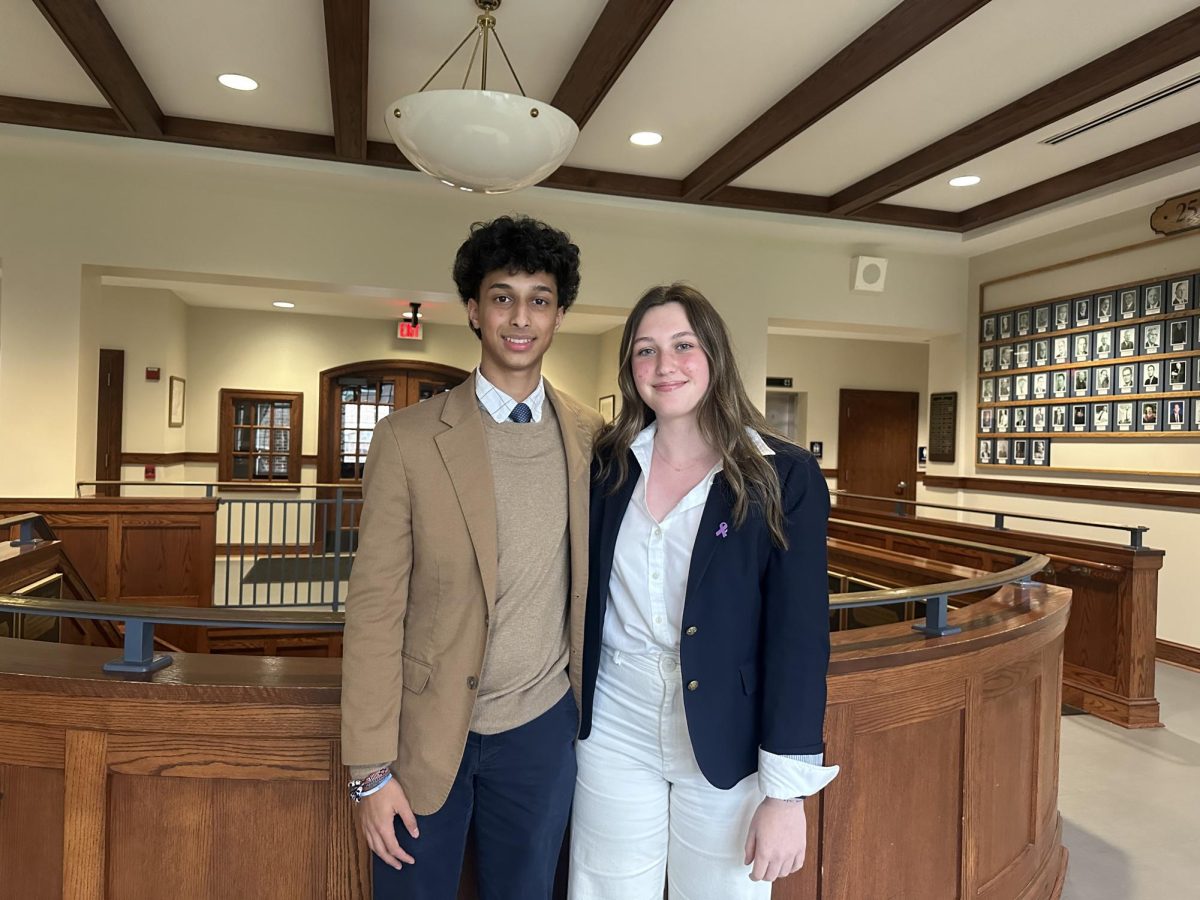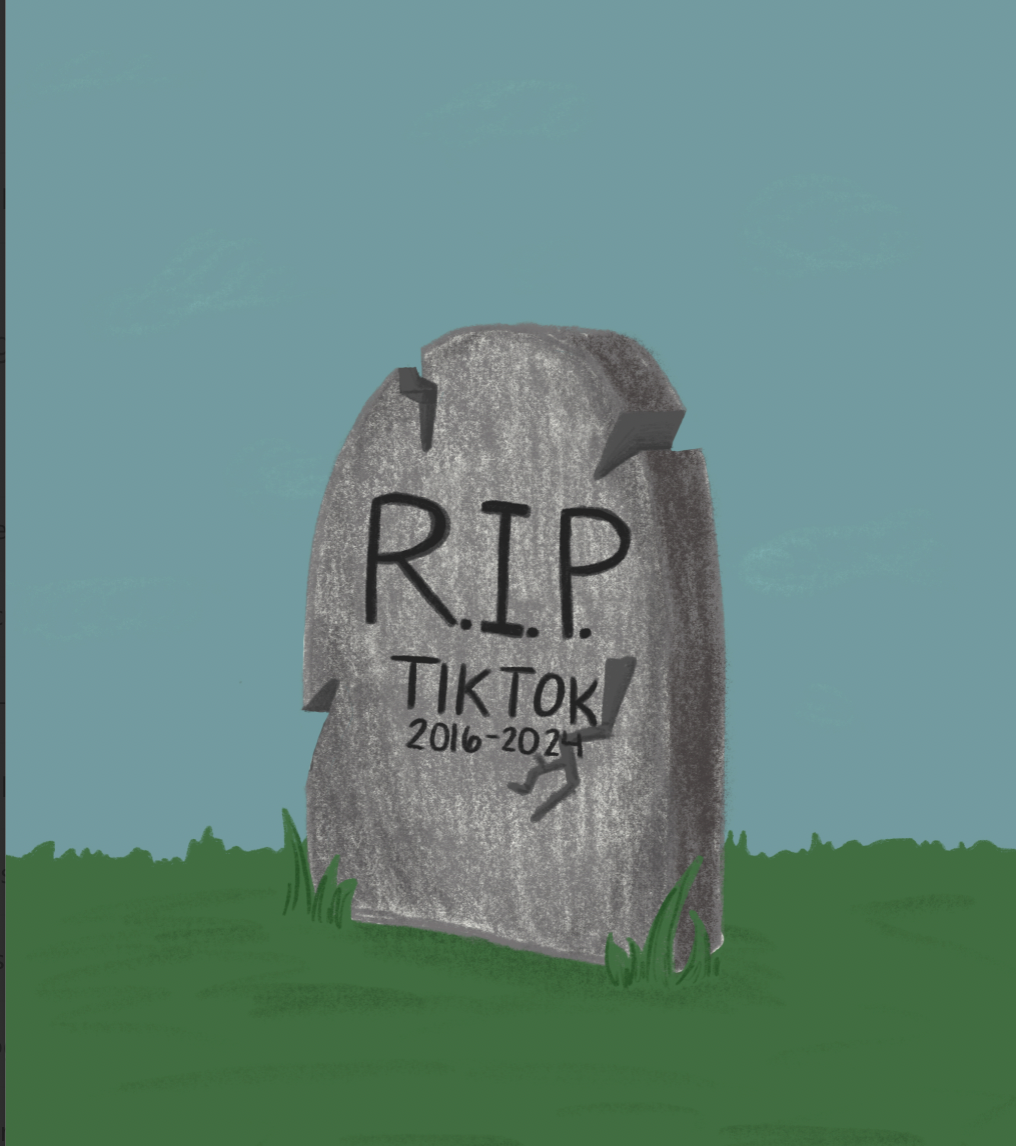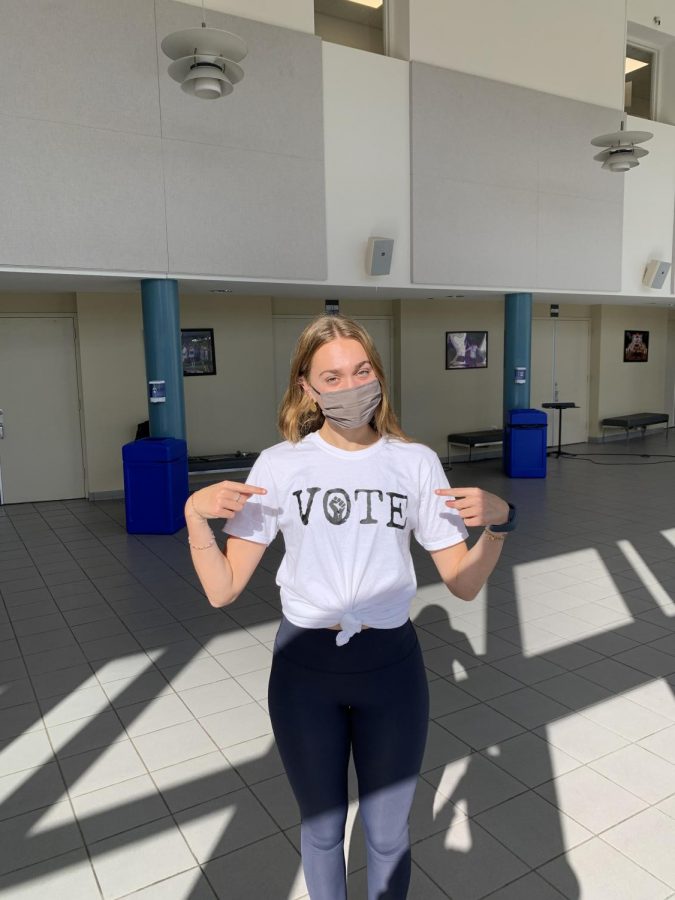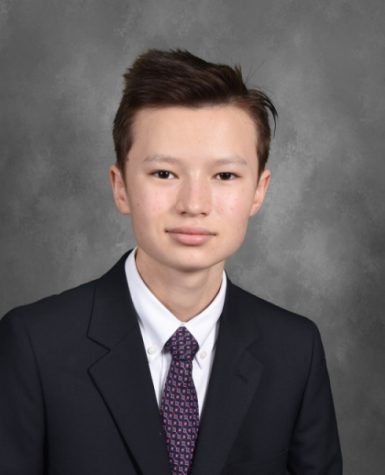The Hill School is encouraging all students to impact the U.S. Presidential Election
This year, many Hill community members are encouraging involvement in the upcoming U.S. presidential election for all students, even students not eligible to vote. There will be a variety of new opportunities for students to do so.
Faculty, primarily Instructor of Math and Science Will Scully, are organizing transportation for eligible Hill students to vote. For in-person voting, Scully is planning to begin taking students to the nearest polling place, the Ricketts Center, by arranged buses beginning at 7 a.m. on Nov. 3. Scully is also guiding students through the registration process. Voting by mail is also encouraged, and all eligible students may register under the address 860 Beech St.
Scully’s reasoning for his actions is to benefit “underrepresented people,” such as those living in “states where they think their vote will not matter” and for “how bad it must feel” to know that “your location determines if your vote matters or not.”
Additionally, students are being encouraged to make an impact on the election outside of voting. In the upcoming weeks, the school will be providing numerous workshops and will be educating students about the process and spurring discussion.
When asked whether or not there were any systems in place for big elections, Scully responded by saying that the reason much of this mobilization occurred so late in the year was that this was one of the first times in recent years that Hill has become involved in the election.
“Everything happening this year was started this year with the help of the Dean’s Office,” Scully said. These workshops will be conducted by the faculty and the SGA. According to SGA Co-President Andrew Chirieleison ’21, programs are being organized on topics such as how the Electoral College works; civil discourse in the United States; how students can impact elections; and general politics of the United States. All will be for the purpose of “discussion” with regard to “empathy and mental health,” said SGA Co-President Sasjha Mayfield.
According to the SGA and Dean of Students Ari Baum, the essential objective of the school’s intervention is to educate students at a crucial time. Chirieleison stresses the importance of empathy to all students regardless of political ideology. He understands the campus contains many different ideas that often are in disagreement with each other but nonetheless require dialogue in a “respectful and appropriate manner” with regard to “discussion, diversity and mental health.”
According to Baum, students’ education in politics is part of students’ “civic health,” as important as mental or physical health. At a liberal arts institution like Hill, students can advance their civic health nearly anywhere on campus.
While Hill’s international student body creates an even more diverse demographic, even students who are ineligible to vote should feel compelled to educate themselves because “every student at [The Hill School] will be able to vote in at most four years,” Scully said, stressing the importance of not only presidential elections but midterms and local races as well. Ultimately, the goal of the SGA and the Dean’s Office is to compel students to take action, through voting and speaking up to those who can vote. These opportunities will be everywhere for students this year.
“That is the beauty of a liberal arts education,” Baum said.




























